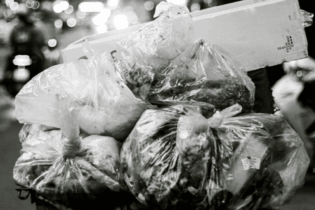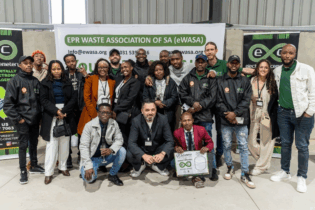Unilever is the largest tea buyer in the world, purchasing around 12% of the global supply of black tea and produces one in every four tea bags sold in the world. The company announced a campaign in the United Kingdom (UK) to keep around 370 000 tonnes of tea waste out of landfills.
Traditionally, the United Kingdom is a large consumer of tea and currently around 165 million cups of tea are consumed daily with tea bags habitually disposed of in the general waste. To bring this under control, Unilever partnered with two Essex town councils and the UK-based Waste and Resource Action Programme (WRAP) to enhance the recycling of tea bags. As a food waste, tea bags should in fact be used as mulch or composted. In the UK, kerbside collection points were established for common organic household waste including potatoes, bread slices and apples which are the most wasted foods and salads, which are the foods thrown away in the greatest proportion in that country. According to Paul Sherratt, the Director of Global Packaging and Sustainability at Unilever, this programme is in line with the company’s Sustainable Living Plan. Food waste is a major problem in the UK and the ‘Love Food, Hate Waste’ campaign was launched in 2007 to combat this and grow recycling awareness.Research performed early in 2012 showed that only 39.7% of the UK’s household waste is recycled or composted. In South Africa, recycling is slowly taking a foothold with growing awareness but there are no statistics for the rates of organic and food waste recycling and it can be construed that a lot of this waste goes straight to landfill.
As a tea drinking country, South Africa ranks 55th in the world with an annual consumption of around 510g of tea per person per year. That comprises around 340 tea bags per person. Euromonitor’s research in South Africa indicates that Unilever also dominates the market here with a 40% share. Its Joko tea holds 22% of the market with Glen tea at 14%. Interestingly, Freshpak, a Rooibos tea, has only captured 10% of the market. However, this type of tea which provides health benefits is projected to grow market share, and no doubt, lead to more tea bags disposed of in the kitchen bin. Source: wastemanagementworld.com





